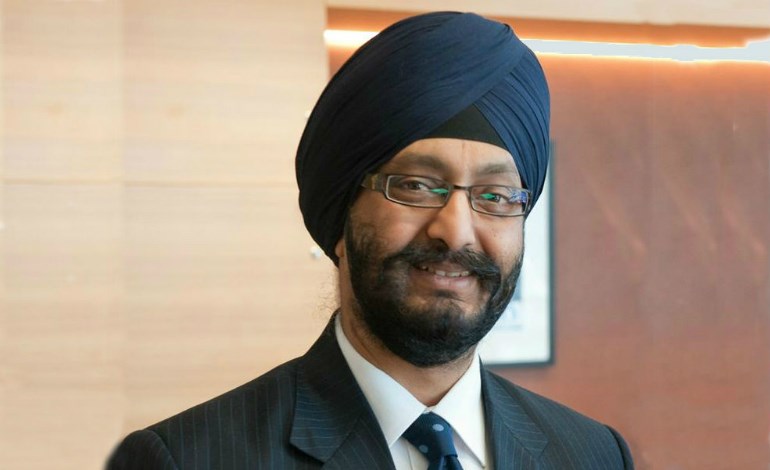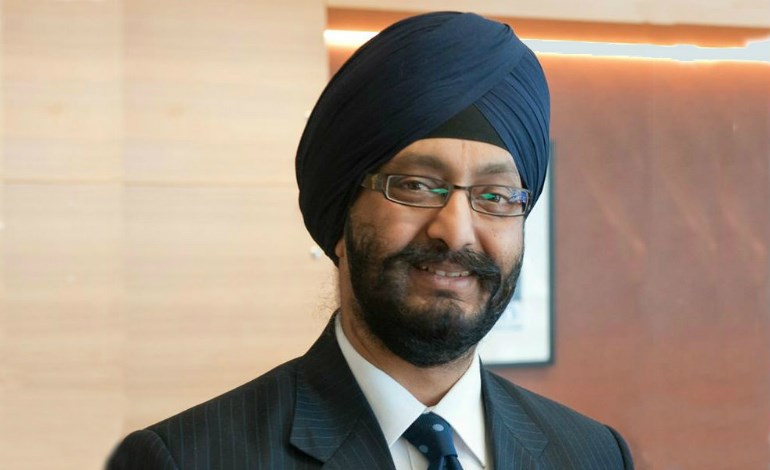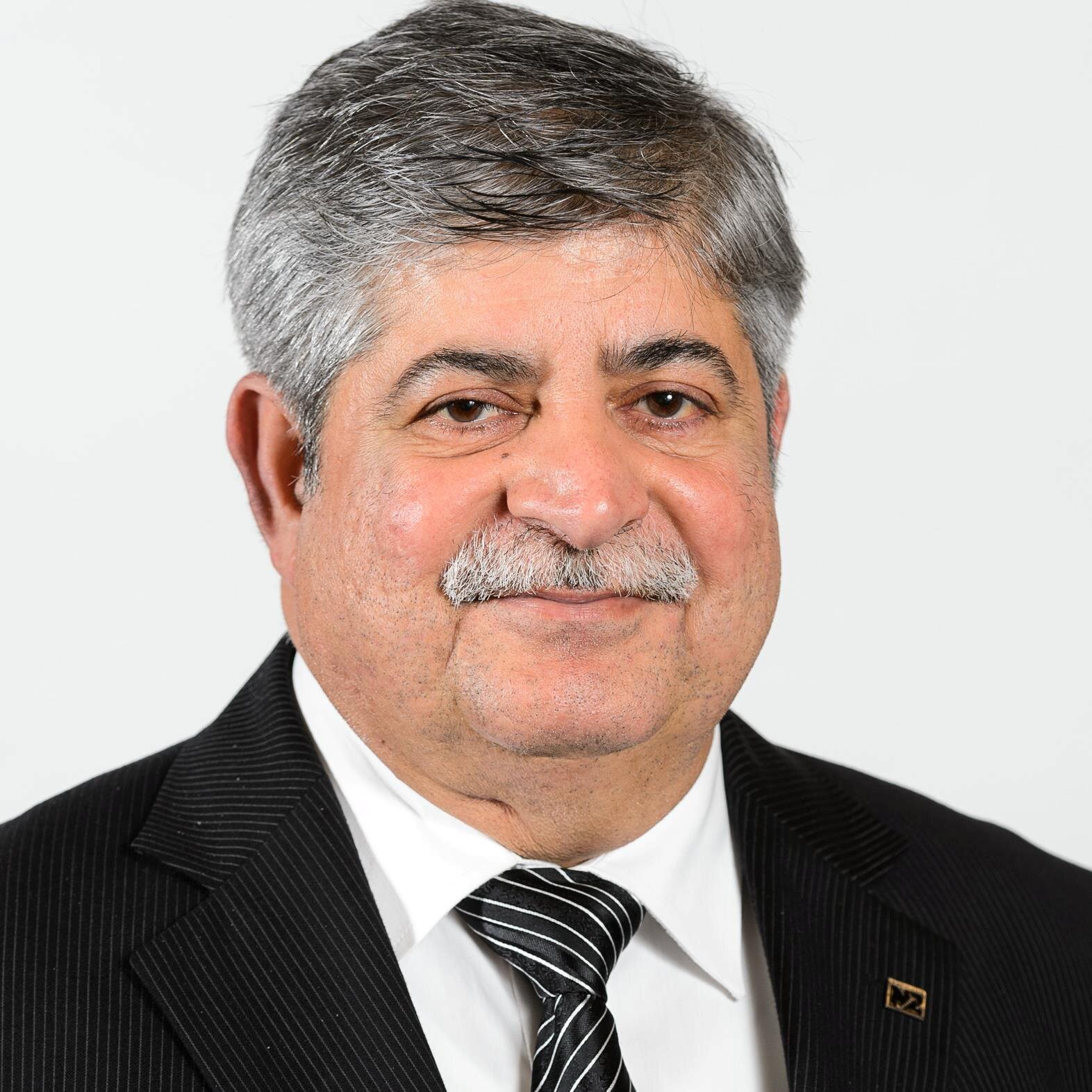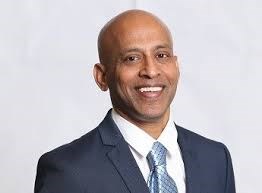 During its election coverage, when The Indian Weekender had asked Prime Minister Bill English about the possibility of getting the first ever Kiwi-Indian Minister in the next National-led government, Mr English had replied that it would depend on a number of factors including who eventually “turns up in the next parliament.”
During its election coverage, when The Indian Weekender had asked Prime Minister Bill English about the possibility of getting the first ever Kiwi-Indian Minister in the next National-led government, Mr English had replied that it would depend on a number of factors including who eventually “turns up in the next parliament.”
Elections are well over and now we know who has eventually “turned up” to the parliament, even though we don’t know yet who will be forming the next government.
Indeed, there was a notable surge in the number of Kiwi-Indian candidates in the fray in this election, including a separate political party seeking to represent the community along with other ethnic migrant communities of New Zealand.
It is the perfect time to quickly go through the report card of Kiwi-Indian MPs and candidates in this election.
The total number of Kiwi-Indian MPs in the 52nd parliament has remained same at three, however, there was a changeover in this group with Labour’s Priyanca Radhakrishnan coming in and New Zealand First’s Mahesh Bindra missing the bus by a whisker.
Eventually, all these three MPs managed to enter the parliament as List MPs, which is determined by the total number of Party votes and their individual positions within their respective Party’s lists.
However, a brief overview of their individual performances in the election is in order.
Priyanca Radhakrishnan

Ms Radhakrishnan is the newest Kiwi-Indian MP who was placed at a high eleventh position in the Labour list.
In a way, her entry into parliament was given as List MP owing to her high ranking in the list and the Jacinda wave has ensured her a safe entry into parliament.
However, it was the performance in her electorate Maungakiekie that attracted a lot of attention, where she was able to give a close fight to National’s Denise Lee, who eventually won by a comparatively narrow margin of 1943 votes.
Given that Kiwi-Indian MPs have yet not been able to come close to winning an electorate, it was a significant feat.
It also mattered that Maungakiekie was considered a close seat, which was previously represented by National’s outgoing Sam Lotu Iiga, and in fact right until the last week before elections, Labour was leading in NZ Herald’s polls and was expected to win it back from National.
|
RADHAKRISHNAN, Priyanca 10395
|
Labour Party11873
|
|
LEE, Denise 12338
|
National Party11590
|
Kanwaljit Singh Bakshi

|
Kanwaljit Singh Bakshi, who is the first India born Kiwi-Indian MP of New Zealand, will be starting his fourth successive term in parliament.
Mr Bakshi’s constituency Manukau East has been a traditional Labour stronghold.
However, there is a slight percentage increase in National votes in Manukau East in this election.
BAKSHI, Kanwaljit Singh 3969 National Party 4967
|
|
|
SALESA, Jenny 14004 Labour Party 13622
|
|
Dr Parmjeet Parmar
.jpg)
|
Dr Parmjeet Parmar, who has entered her second successive term in parliament as List MP was defeated by Labour’s Michael Wood at the Mt Roskill electorate.
However, the margin of defeat at 5675 was less than 2014 general elections where the margin was of 8091 votes.
PARMAR, Parmjeet 10168 National Party 12669
|
|
|
WOOD, Michael Philip 15843 Labour Party 12058
|
|
Mahesh Bindra

Mahesh Bindra could not return to parliament as List MP of New Zealand First.
Mr Bindra was placed at 10th rank in the list released earlier last month.
But he could not enter parliament because of a drop in New Zealand First’s overall votes, and shock defeat of Mr Peters in Northland electorate.
Bala Beeram

|
National’s Bala Beeram was a candidate from Kelston, a traditional Labour stronghold and was defeated by a margin of 5349 votes.
Mr Beeram was able to reduce the margin of defeat in comparison to the last National candidate in the 2014 elections.
BEERAM, Bala 7850 National Party 8477
|
|
|
SEPULONI, Carmel Jean 13199 Labour Party 12020
|
|
Jesse Pabla

Labour Party’s Jesse Pabla, contesting against a formidable opponent National’s Judith Collins at Papakura electorate managed to give a good show by getting 10,187 votes – a clear 3 per cent better than the previous Labour candidate against the same opponent in the last general election.
However, it was a better electoral performance from his opponent that led to an increase in the margin of defeat for the Labour candidate in this traditional National stronghold.
Papakura was one of the Auckland electorates that witnessed a slight swing in the favour of Nationals, despite a fall in the total number of voters turning out to vote in this election.
|
PABLA, Jesse 10187
|
Labour Party 9612
|
|
COLLINS, Judith 17103
|
National Party16204
|
Baljit Kaur
Labour’s Baljit Kaur standing from another traditional National stronghold Hunua, managed a relatively decent performance by maintaining an almost similar candidate votes like the previous Labour candidate from the electorate in last general elections.
There was a clear growth in the Party votes for the Labour Party in this electorate signifying the impact of Jacinda wave.
|
KAUR, Baljit 6164
|
Labour Party 7333
|
|
BAYLY, Andrew 23420
|
National Party 22439
|
Gaurav Sharma
|
Labour’s Gaurav Sharma did well by getting 9247 votes at West Hamilton; however, it was not enough to reduce the margin of defeat in comparison to the previous Labour candidate from the last general elections.
The defeat margin was increased from 5784 votes to 6979 votes, despite a fall in overall voting in this electorate
SHARMA, Gaurav 9247 Labour Party 10802
|
|
|
MACINDOE, Tim 16226 National Party14489
|
|
Roshan Nauhria
Probably, the most ambitious of all the ‘political entrepreneurship’ demonstrated within the Kiwi-Indian community, was Roshan Nauhria’s separate political party, the New Zealand People’s Party.
Although the party was evidently not successful in garnering any mainstream interest or tangible political outcome, however, with 1631 votes, it was placed better than the United Future, a Party that was in the government till recently.
It also managed to get more votes than other older minority parties such as Internet Party and Democrats for Social Credit.